Stores Closing This Year- Giant Retailers Close and Jobs Are Lost

Meal prep delivery service Plated announced it would be shuttering its doors for good. Coors, once a Colorado icon, said they plan to close their famous brewery in Colorado in favor of a more affordable plant in Chicago – much to drinkers’ dismay. In every corner of America, malls are shuttering due to giant retail stores closing down. Major brick and mortar stores like Sears are now facing bankruptcy as they find their businesses no longer affordable to maintain.
But it’s not just giant retail stores that are the only ones to suffer from increased economic pressure and changes in how consumers shop, especially millennials. It seems like every industry has businesses on the chopping block. If experts are correct, 2020 will be the year where these major names say farewell for good.
Do you still shop at physical locations or do you pretty much buy everything online? Let us know and make sure to SHARE these stores closing in 2020 with your friends on Facebook!
The Disney Store
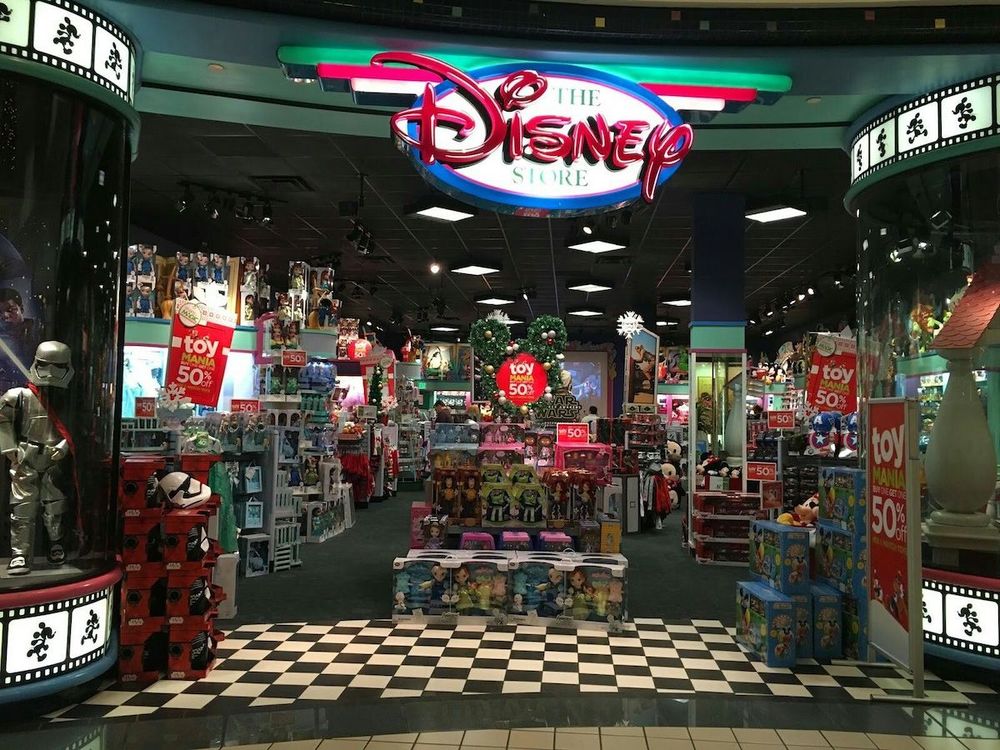
In early 2021, Disney announced that they would be closing over 60 Disney stores by the end of the year. The company blamed a shift to ecommerce.
DSW
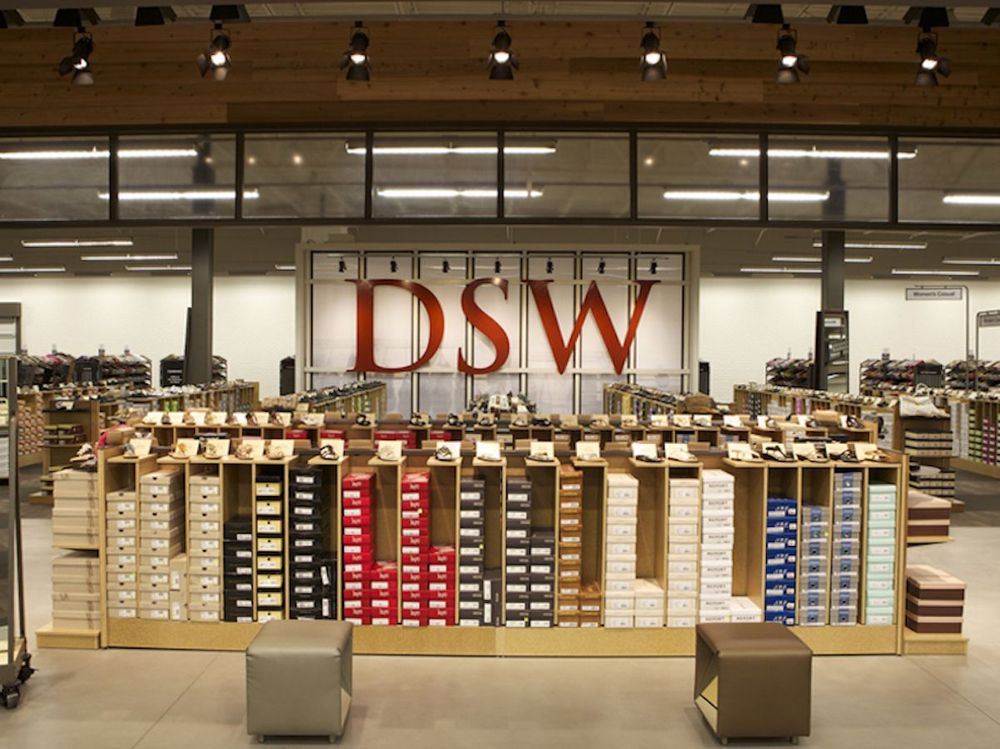
DSW has plans to close 65 stores over the next four years, about 10% of the total locations. This stems from a 36% drop in sales in 2020.
Fossil
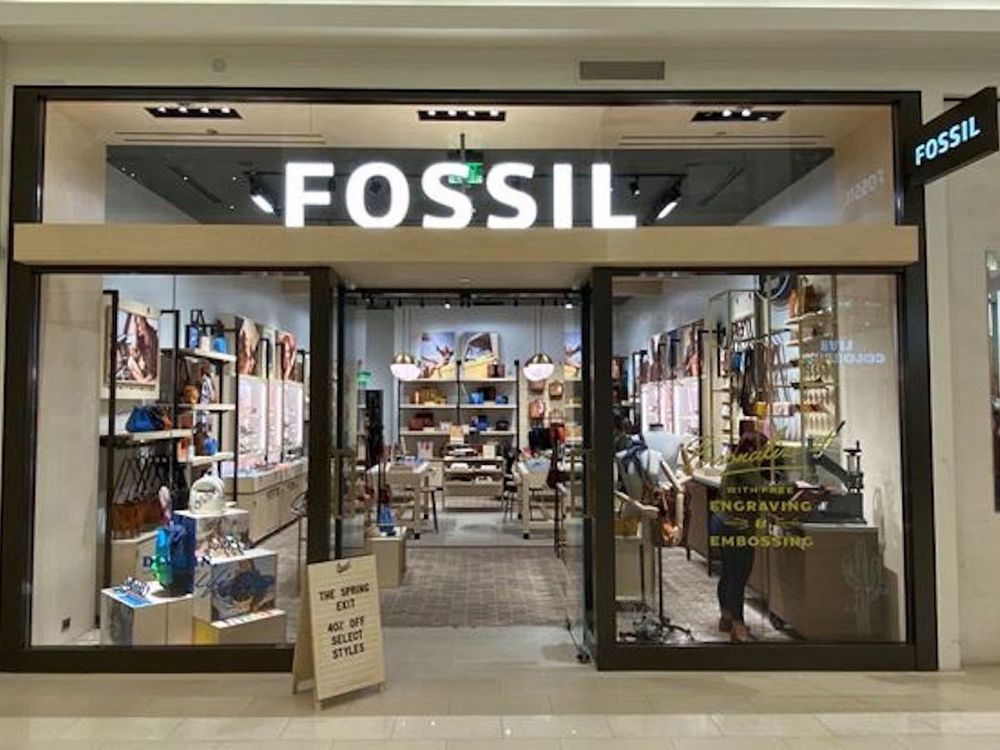
Fossil, the accessories store you remember best for selling leather watches in the 90s, announced they’re closing 65 stores in 2021.
H&M
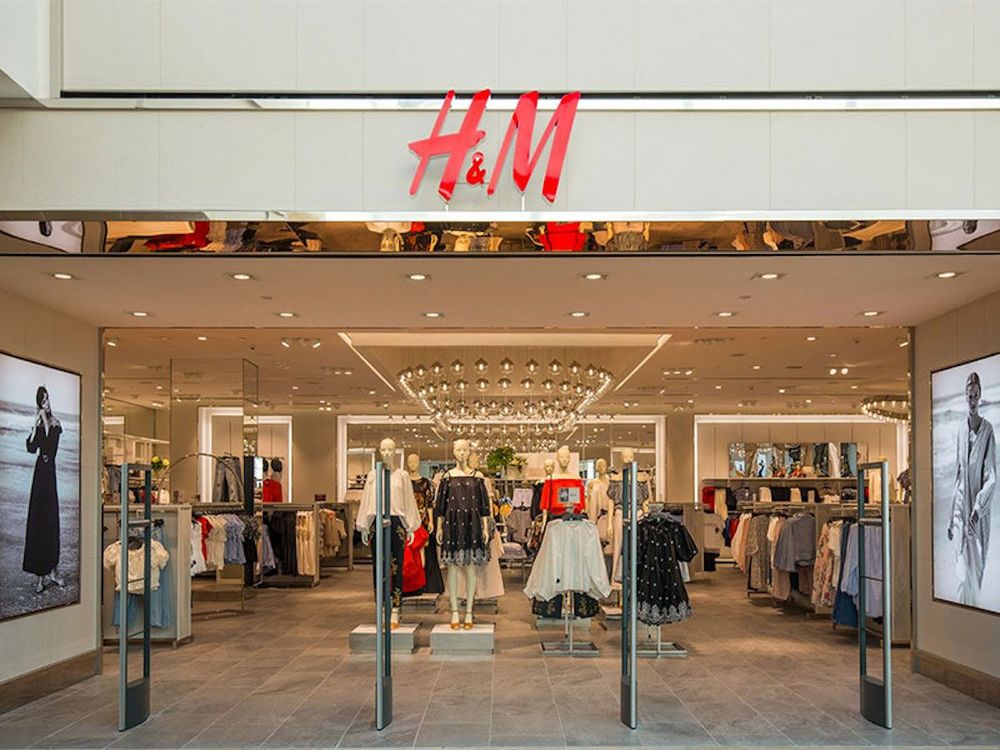
So-called “fast fashion” retailer H&M plans to close 350 stores in 2021. Now to be fair, the chain plans to open 100 in the year, so the net loss is 250 stores.
Justice
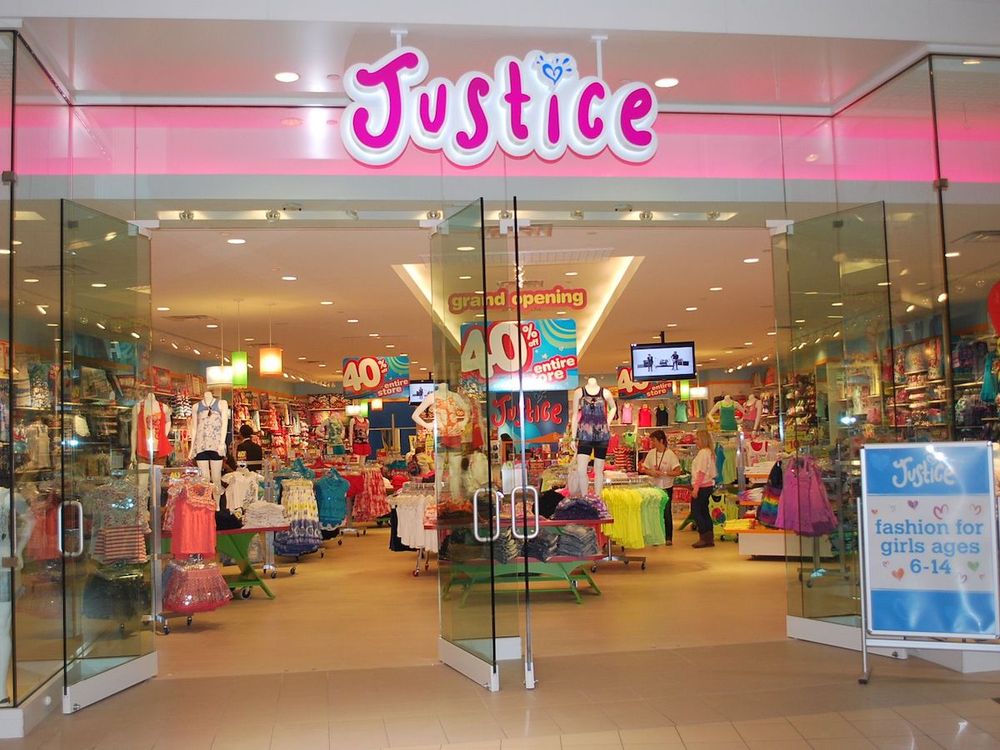
All 200 Justice stores will be closing in 2021, breaking the hearts of teen and tween girls across the nation.
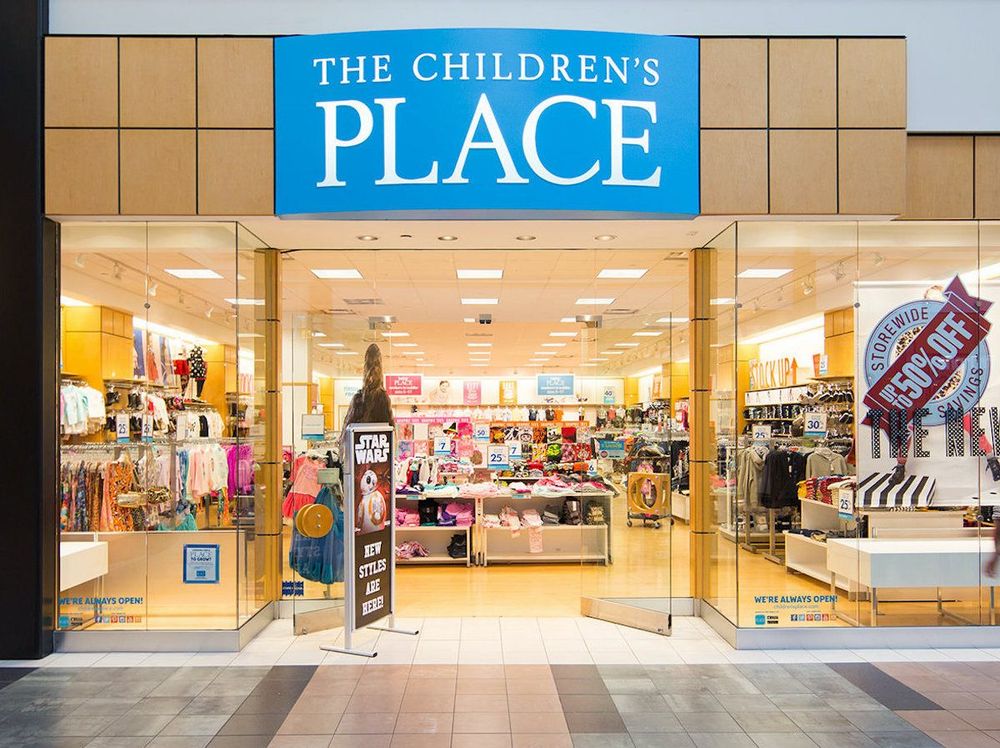
The Children’s Place is closing 122 stores in 2021. The move is part of a larger effort by the kids’ boutique to close 300 outlets.
Paper Source
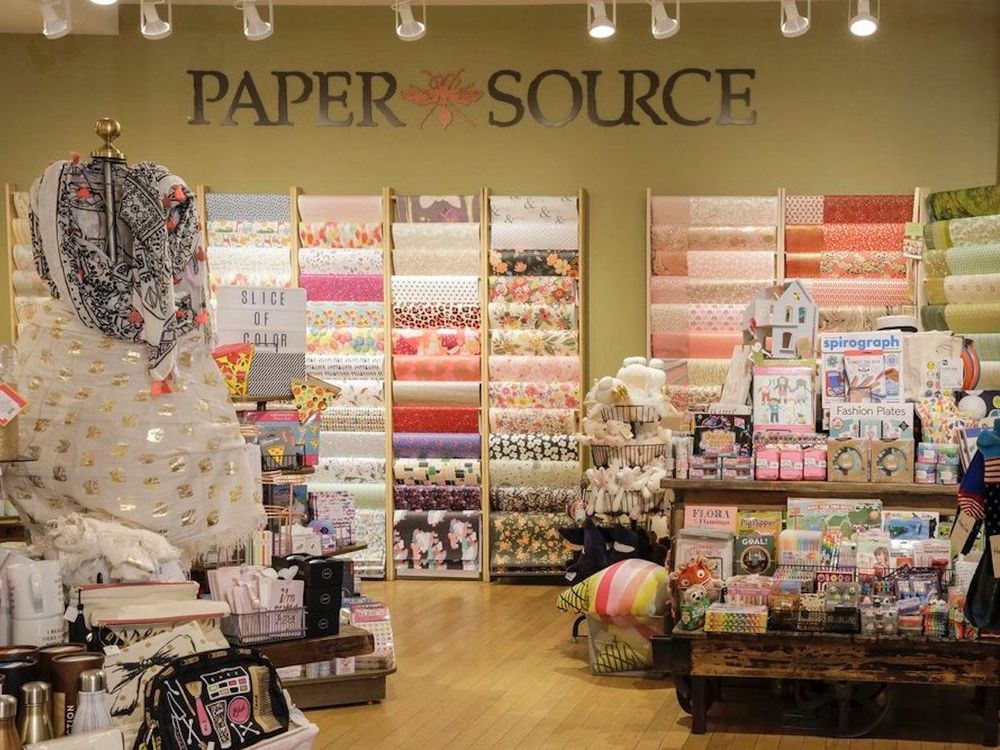
The greeting card shop has shut down 11 stores after filing for Chapter 11 bankruptcy.
Francesca's
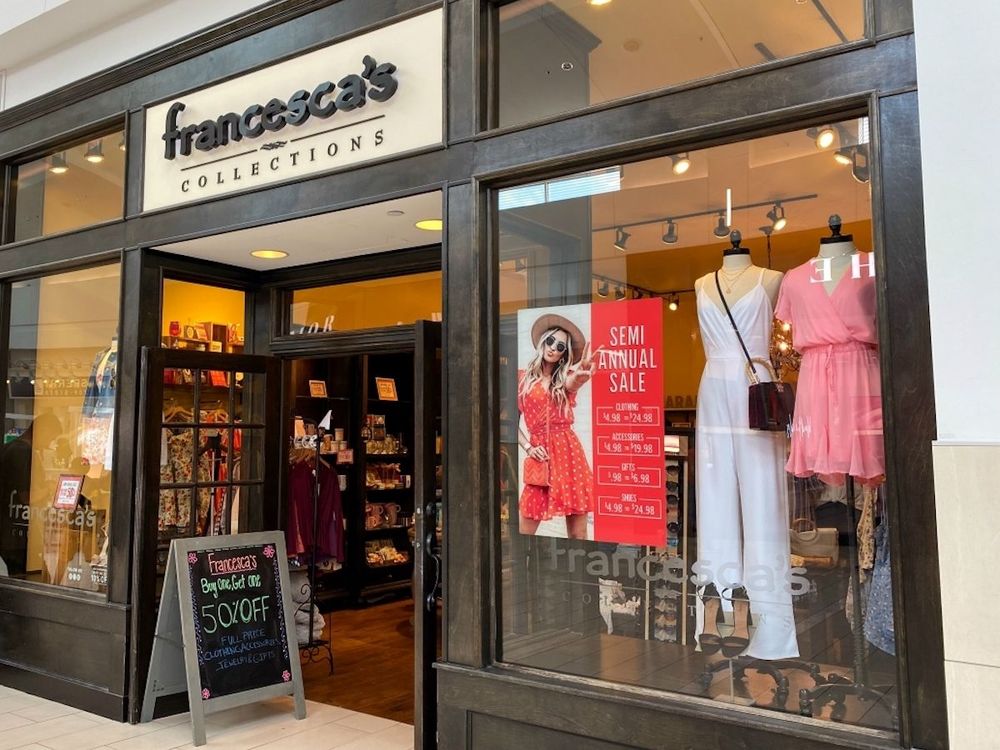
Francesca’s filed for bankruptcy in December of 2020, making 2021 a precarious time for the company’s employees. Currently, Francesca’s plans to close 140 stores.
Best Buy
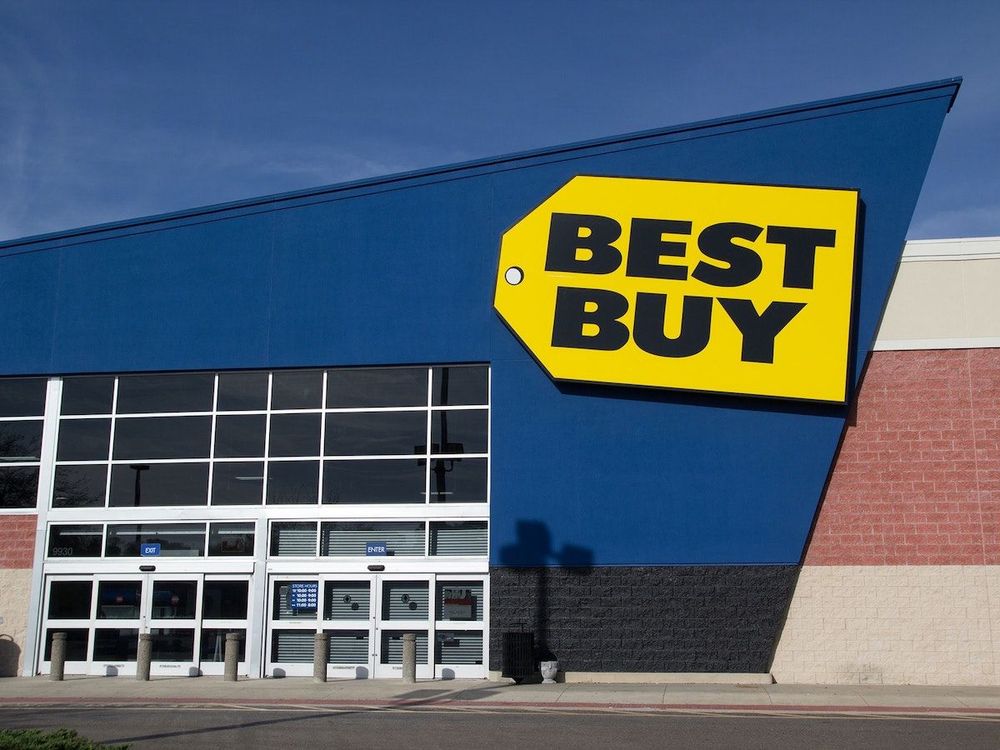
Even electronics behemoth Best Buy is being forced to close some stores. Currently, two in Richmond, Virginia and one store each in Syracuse, New York, Carbondale, Illinois, and Brockton, Massachusetts are all on the chopping block.
Goodwill
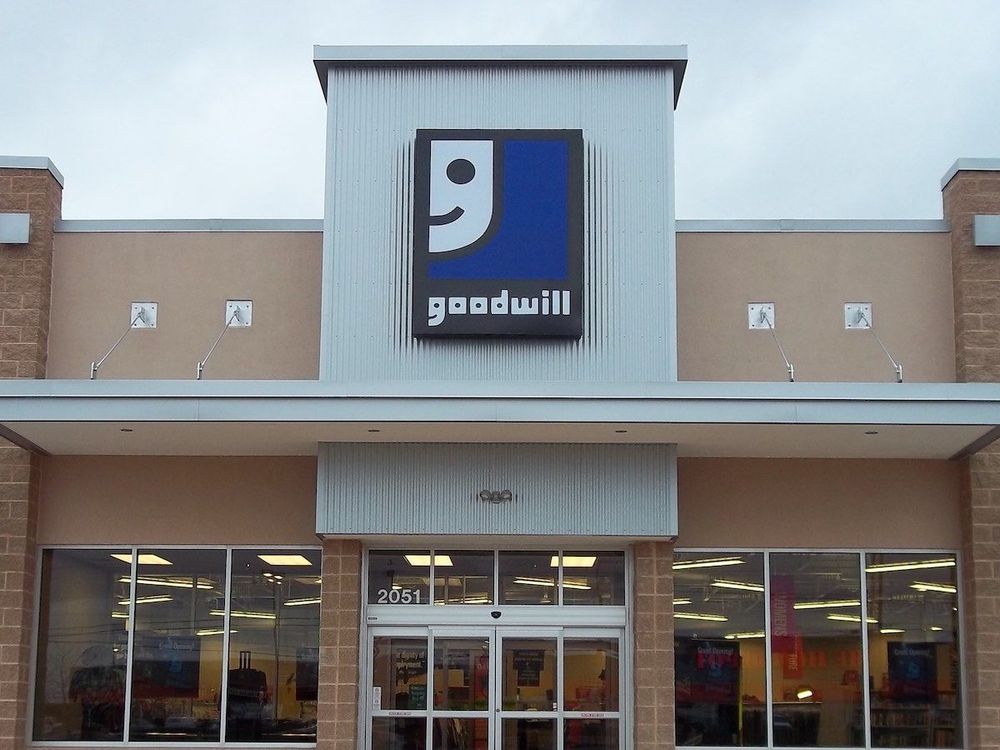
Goodwill is planing to close all 8 of their San Francisco/Bay Area locations in 2021. The company blamed the pandemic for the closures, but vowed that their “mission is going to be even more important in the recovery of California.”
Calvin Klein
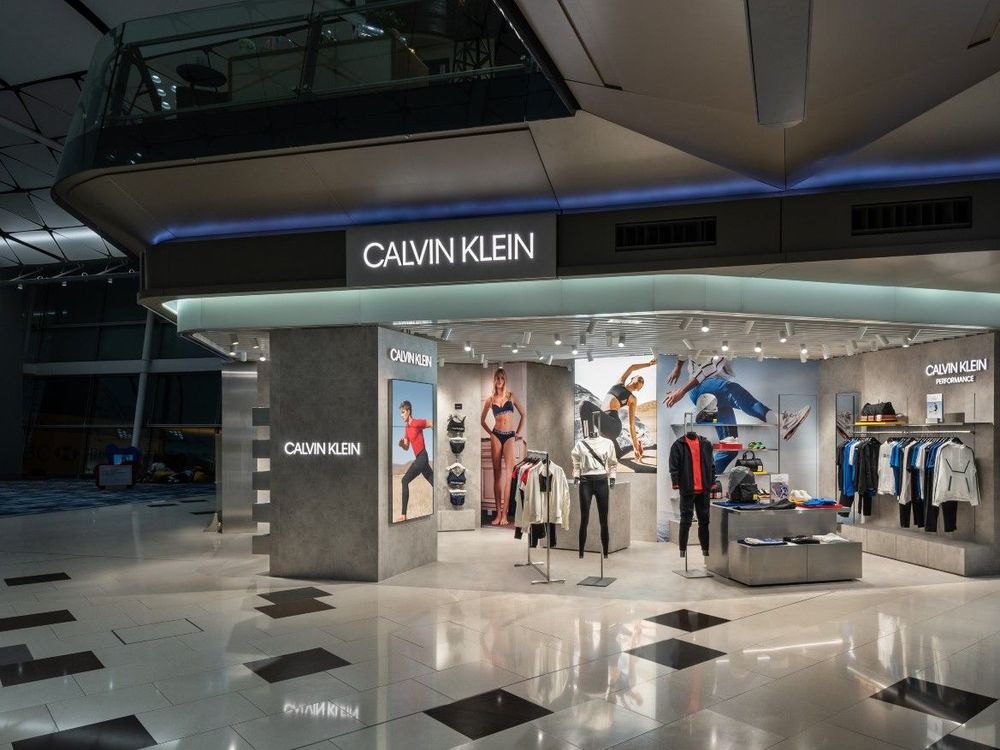
During the 1990s, Calvin Klein was everywhere. CK jeans were a smash hit and retailers fought over the brand like cats and dogs. It was a golden age for skinny models and even skinnier jeans. Oh, how things have changed! The Calvin Klein flagship store in Manhattan closed in 2019, and by 2020, none of the clothing manufactured by the company will have the brand’s name on it. The company is currently undergoing a $240 million rebranding effort in hopes of getting hip once more.
Forever 21
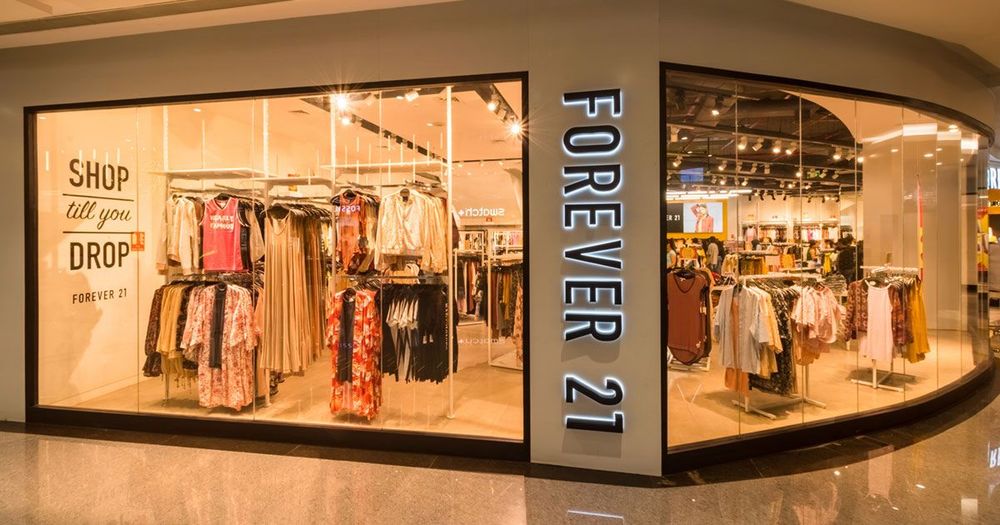
Forever 21 was one of the hottest fast-fashion heralds in modern history and was known for its affordable yet ultra-trendy apparel. To many peoples’ shock and dismay, the California-based mall staple filed for bankruptcy in the fall of 2019. So far, 178 stores have been confirmed to close by 2020. Forever 21 was quick to point out that this does not mean they are going out of business, but rather, are looking to restructure their company so that they can be protected from insolvency later on. That said, things aren’t looking too rosy for the Riley Rose parent company. Will it stay in business throughout 2020? Between lagging sales and sky-high retail space pricing, it’s hard to tell.
Bed Bath & Beyond
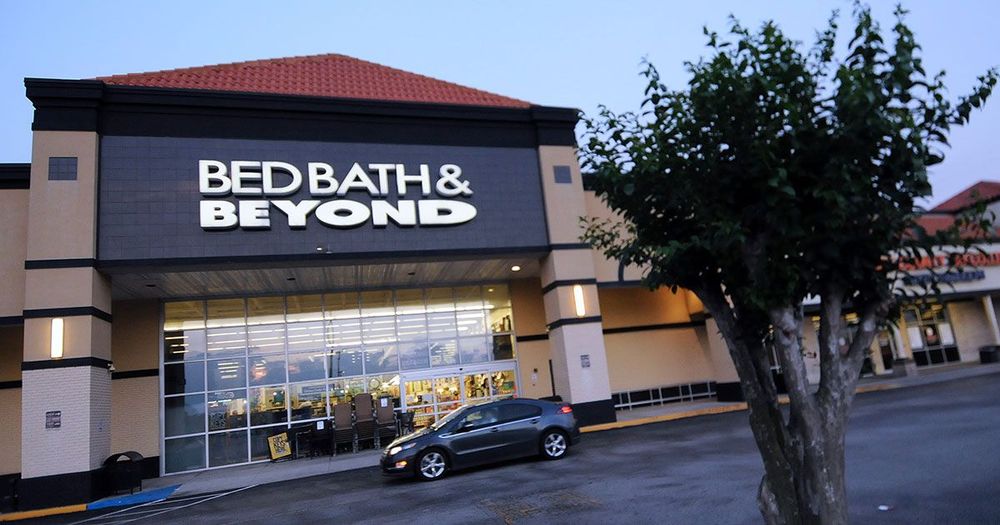
Once a staple for home furnishings, bathroom accessories, and kitchen goods, Bed Bath & Beyond is still seeing serious sales hits as a result of the Great Recession. Between the increased price of retail space, the low demand for sales, and an uptick in competition, it hasn’t been an easy couple of years for the retail giant. The houseware retailer announced mass layoffs in 2019. Earlier this year, they also announced the closing of 60 stores across the country – a total of 50 percent more than what was initially expected by current projections.
Chico's
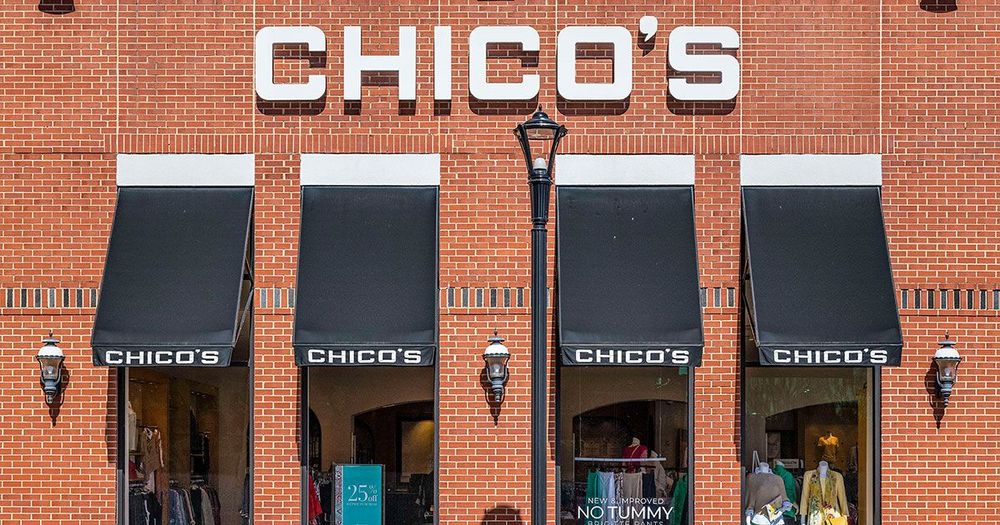
Once a major favorite among women who wanted to wear professional gear and flaunt their curves at the same time, Chico’s has been slammed by high real estate costs and a growing trend of size inclusivity among mainstream retail companies. In 2019, the company closed 60 stores. That number is fairly small, considering that it’s expected to shutter at least 180 more within the next two years. That’s one fiscal call we don’t want to hear!
Victoria’s Secret
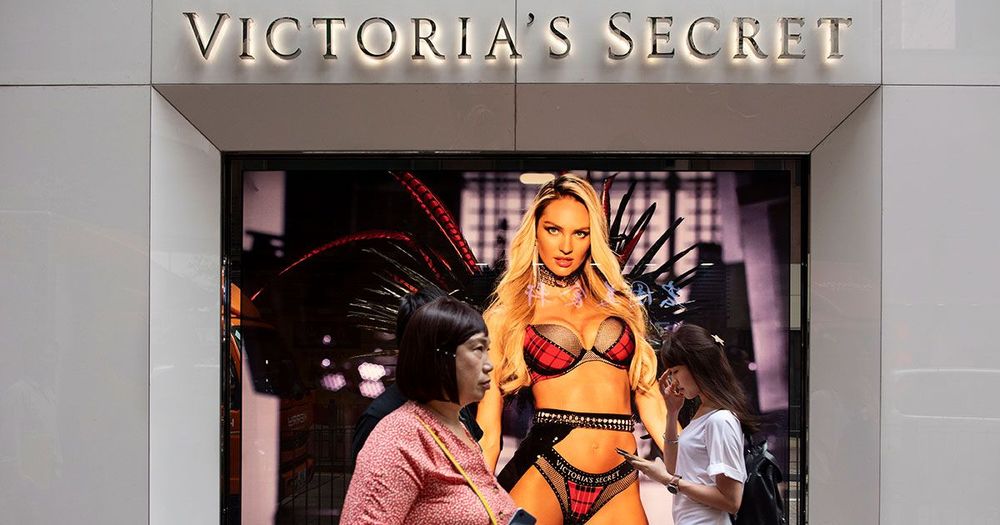
If you go into most malls in the United States, then you would never guess a dirty little secret about Victoria’s- it’s a dying company. As a result of concerns over decreased quality, issues involving inclusivity, and size problems, Victoria’s Secret sales are at an all-time low. The luxury lingerie chain has been dealing with dueling brands, high retail costs, as well as decreased interest. The brand recently announced a spate of store closures in malls across the country, with even more closings to follow in 2020.
Dressbarn
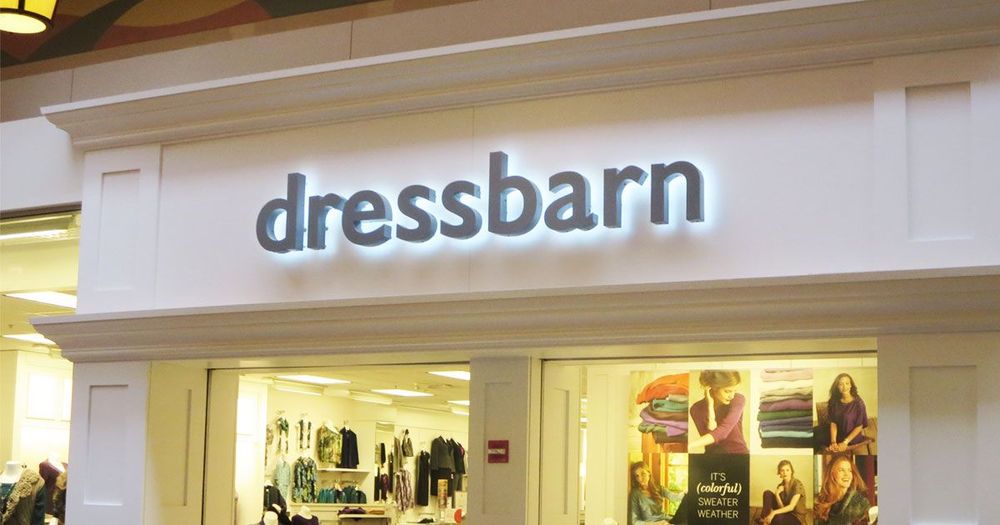
Dressbarn announced that it would be shuttering its doors to all 650 of its stores. So far, hundreds of stores have been closed and the majority of its inventory has gone into liquidation. The outlook for the company is extremely grim, especially when you take into account the hiatus the company is taking in order to make a new website and brand relaunch happen. The brand’s top-level executives even went so far as to say that the company hasn’t “been operating at an acceptable level of profitability” for quite some time. (Ouch!)
Pizza Hut
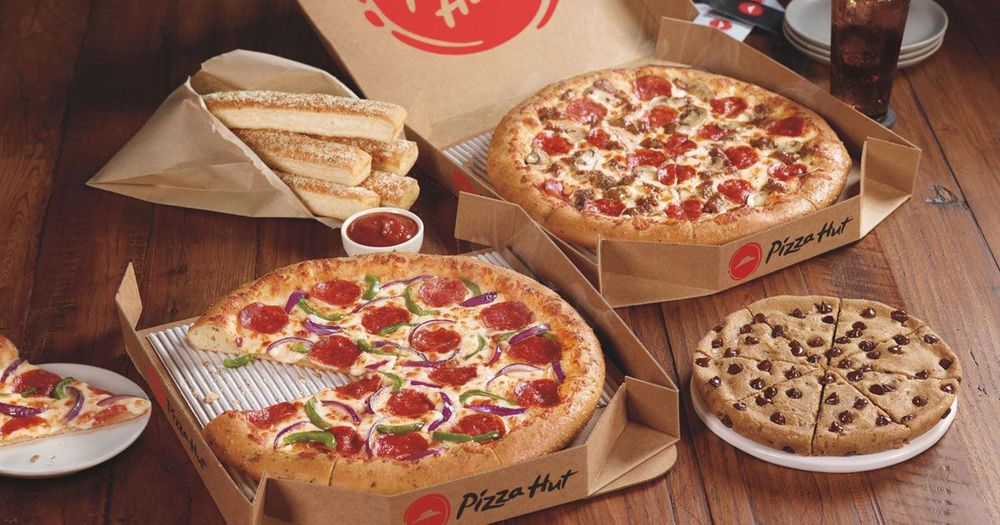
Pizza Hut was the top choice for parents who wanted to bring their kids to a pizza parlor in the 1980s, and even during the 90s, it became synonymous with school reading programs. Sometime around the 2000s, sales slumped and the company became known for super greasy pizza. After grappling with lagging sales for the past decade, Pizza Hut announced in 2019 that they would be phasing out all restaurants in favor of takeout and online ordering. 450 stores are up on the chopping block by the end of 2019. By 2020, no Pizza Hut restaurants will be available anywhere in America.
Topshop
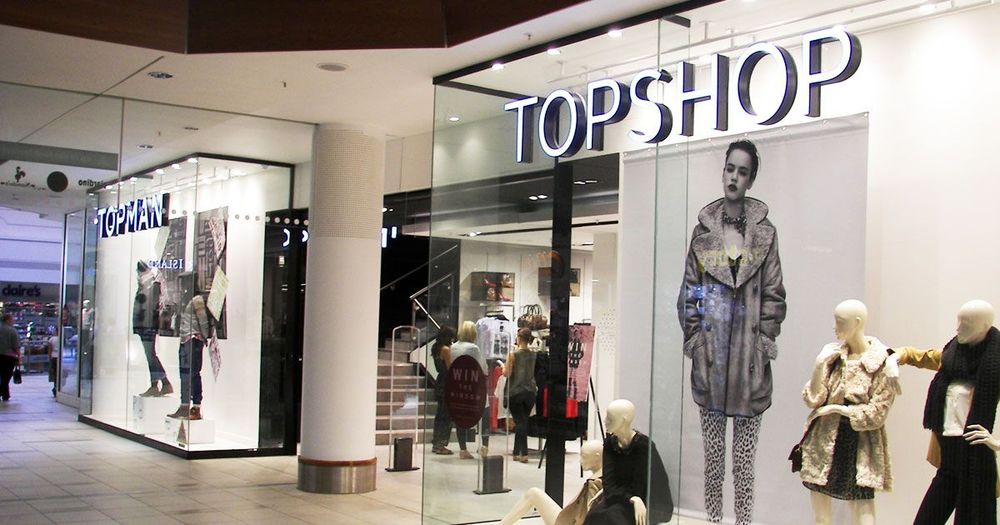
Not too long ago, hitting up Topshop online was a great way to get trendy pieces of clothing straight from designers you loved. That, thankfully, is still going to be a thing. (Well, maybe. They did file for bankruptcy, after all.) What most fashionistas don’t know is that Topshop had just under a dozen stores in the United States. As a part of their bankruptcy filings, the British fashion store had to close down all 11 U.S. locations.
Kmart
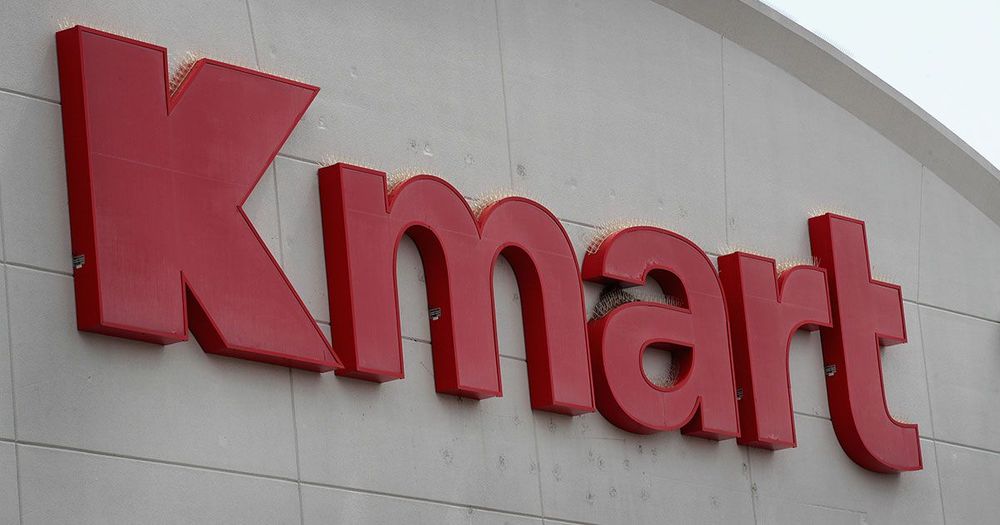
Big box department store chain Kmart, founded in 1899 — the company was called the S. S. Kresge Corporation before it changed its name to the Kmart Corporation in 1977 — appears to be on its last legs. On December 28, 2018, Sears Holdings (a.k.a. Old Sears) — which owned Kmart at the time; Transform Holdco LLC (aka New Sears) technically does now — announced that it would close 37 stores, including the last remaining Kmarts in Mississippi, Missouri, Louisiana, South Dakota, and Nebraska. There are only 202 Kmarts left. At its height, in 1994, there were 2,323 Kmart locations in the United States. As for Sears, go to the next slide for more on the massive — well, once-massive — department store chain.
Sears
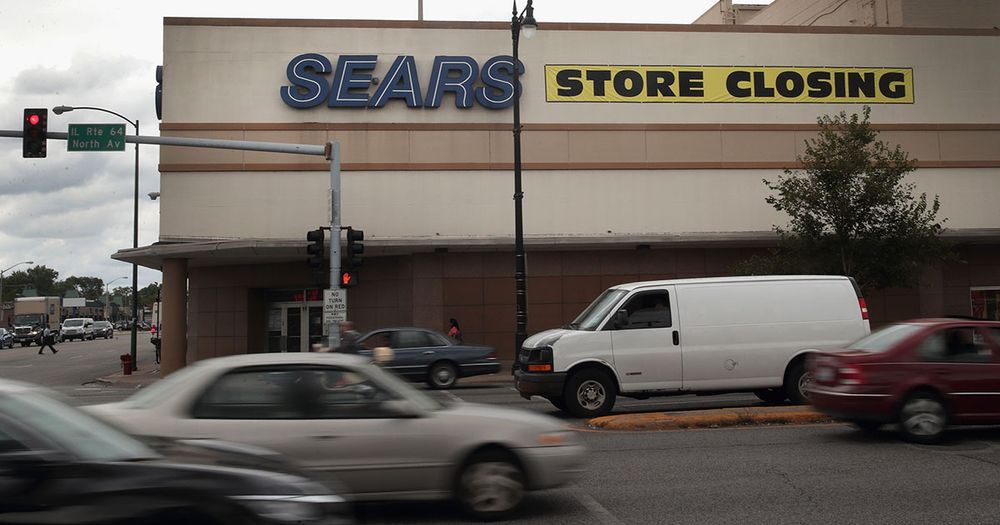
Like with many other department store brands, Sears has struggled in the last couple decades. The company filed for bankruptcy in 2018 and has desperately been hoping to rehash their brand and get people interested in their wares once more. Unfortunately, it’s looking like a case of “too little, too late” with this once-massive retailer. Their e-commerce store is a disaster, their clothing lines don’t draw people to their stores, and the chain is now struggling with being underpriced by its appliance competition. Experts have been pointing at Sears as a possible retail death for years. This decade is looking like it will be the last for the ailing company, unless a marketing miracle happens.
J.C. Penney
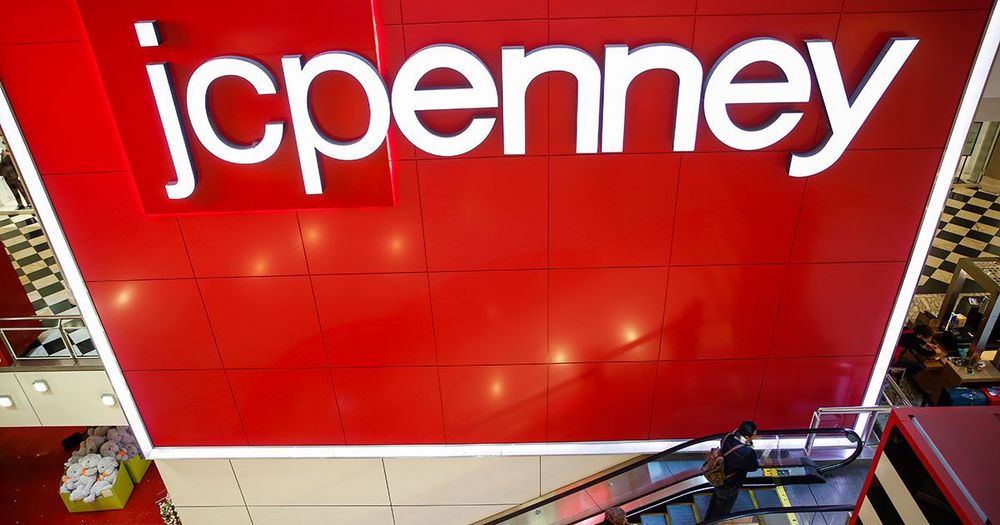
J.C. Penney is one of those generic, big-box retail stores that was a cornerstone for every mall out there. Through its 100-plus year run, the brand had a lot of ups and downs. It was a brand that always recovered…until now. Over the past three years, J.C. Penney shuttered over 120 stores. The company recently announced that it would continue to close down ailing stores throughout the United States in 2020. Unless this retailer finds a way to save its suffering brand, it’s likely that we’ll see the last of this store next decade.
Lowe's
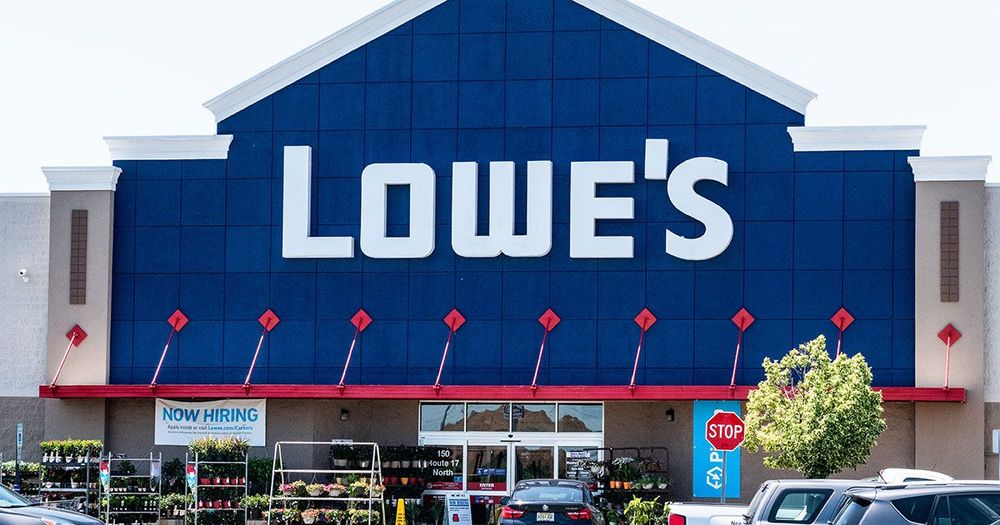
The home improvement store that posed a serious rivalry to Home Depot has seen a meteoric rise to success in recent years, but even this hardware store is finding itself affected by the retail apocalypse. Lowe’s announced that they would be shutting down a series of their stores across the country as well as multiple locations in Canada. If the economy continues to suffer from low demand in the home renovation circuit, things are going to start looking pretty grim for Lowe’s.
Rite Aid
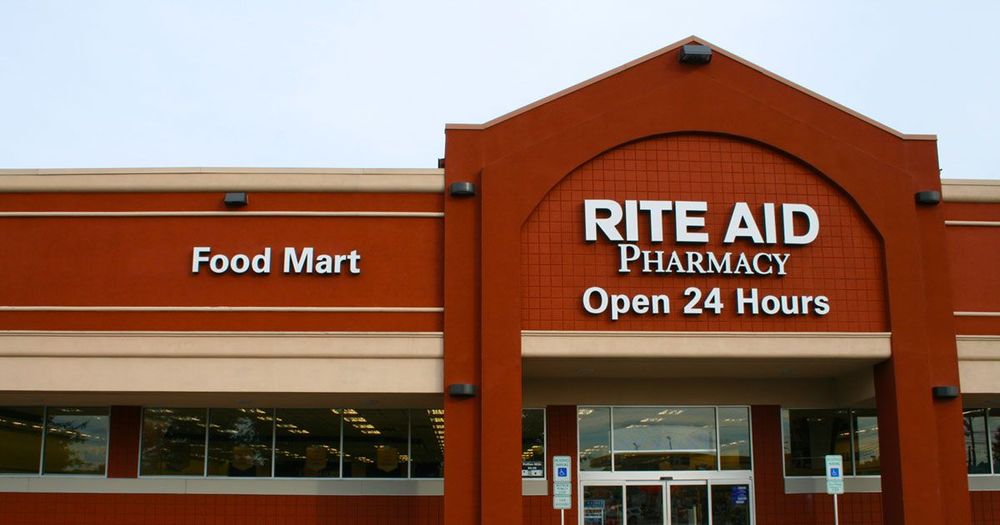
When was the last time you went to a Rite Aid? If you’re like most other people, the answer probably wasn’t fairly recently. This is one little-noticed pharmacy chain that’s been hit extremely hard by the retail apocalypse. Former competitor Walgreens recently bought up over 1,000 Rite Aid stores as a way to create small pharmacy developments under the Walgreens brand. Though the locations were bought up at decent prices, the company is still ailing. Rite Aids throughout the country are closing at breakneck speed. Business creditors say that Rite Aid currently poses a very high risk of defaulting on loans or filing for bankruptcy.
Abercrombie & Fitch
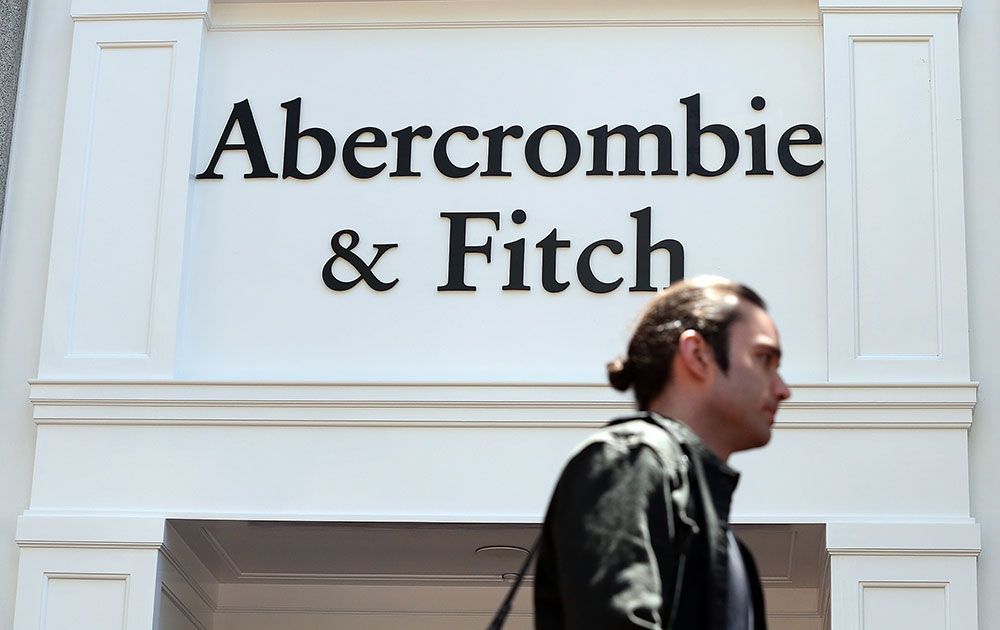
Abercrombie & Fitch was the fashion darling of the 90s and early aughts. Known for its preppy clothing style and over-the-top pricing, the retail chain had decades of strong sales that eventually slowed down in the 2010s over the issue of exclusivity. The brand began to decline after allegations of racism and intentional exclusion became known to mainstream audiences. By 2015, the number of Abercrombie & Fitch stores began to dwindle. Recently, the once-cool clothing brand announced they would close three of their flagship stores alongside 85 other locations.
CVS

It seems like the only major retail pharmacy that’s been winning lately is Walgreens. CVS, its primary competitor, started to close its stores at a rapid pace since 2017. Since then, the number of stores continues to shrink year after year. The pharmacy company recently announced that it would continue to close even more of its locations by 2020. It’s starting to look like CVS might just be on the verge of pulling its own plug.
Family Dollar
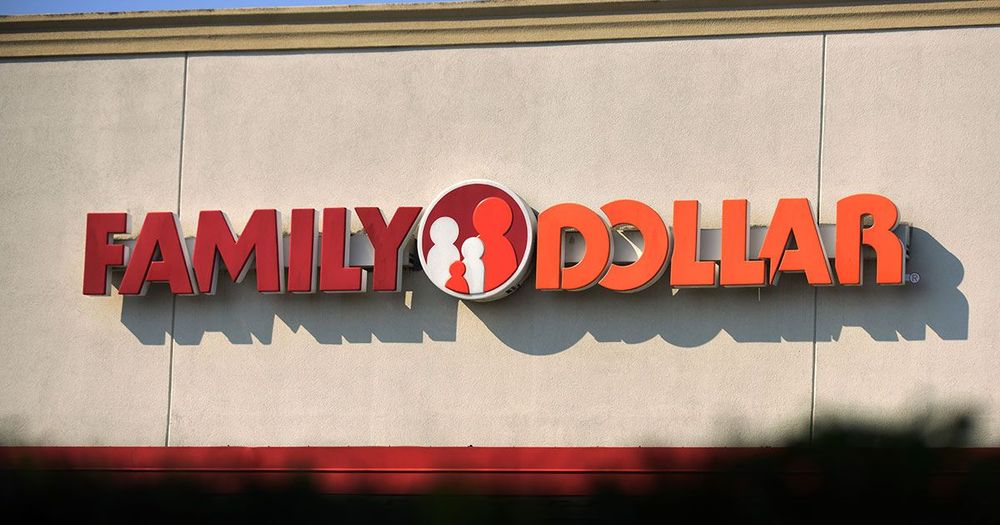
Though a lot of the retail companies facing upheaval tend to be upscale companies that simply lost traction, Family Dollar’s woes prove that discount stores are not immune to the economic turmoil going on. The Dollar General rival has been struggling with both store costs and customer retention lately. It seems like Dollar General is gaining the upper hand here. In recent press releases, Family Dollar announced that it would be closing dozens of its stores in 2019 and 2020. If things don’t pick up, that trend will likely continue for upcoming years.
J.Crew
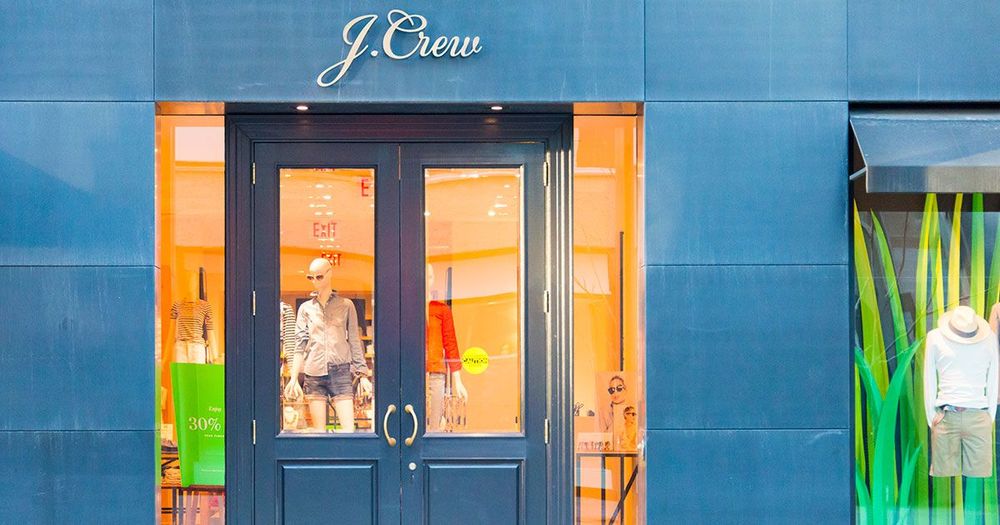
J. Crew is a store that can honestly blame its current troubles on bad management decisions. The upscale clothier was doing well until the Recession when belts began to tighten on professional wear budgets. Rather than reduce prices or keep prices stable, J.Crew’s management decided that it would be the perfect time to increase prices. Worse, they also decided to expand their store numbers despite economic turmoil. A $2 billion debt exchange procedure saved them, but the outlook on this retailer is still very grim.
Macy's
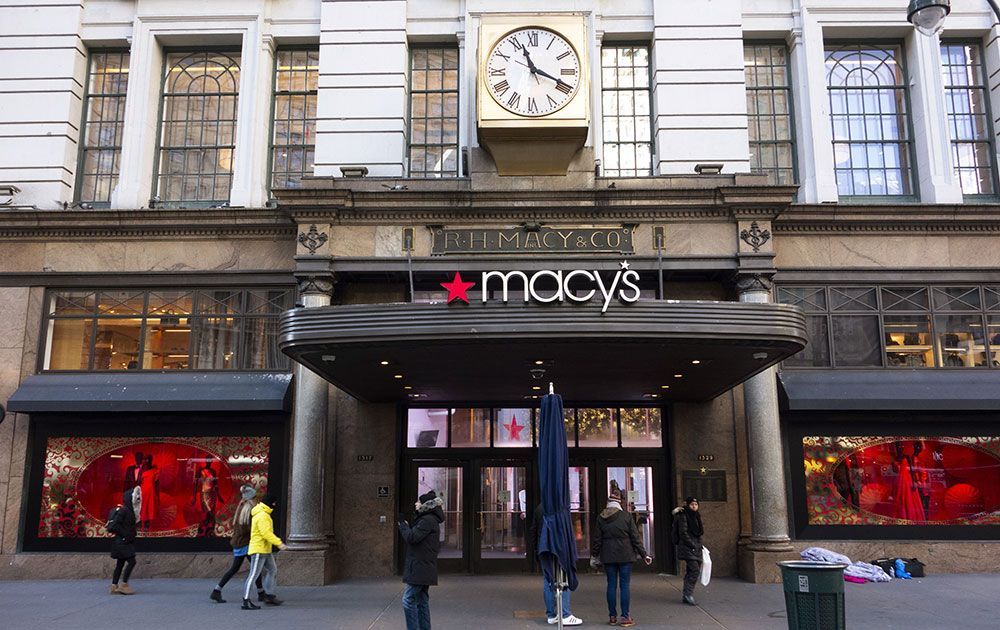
It seems like the retail apocalypse hit just about every major department store, doesn’t it? Even Macy’s, one of the most longstanding companies in its sector, has started to feel its wallet tighten in recent years. Much like other companies on this list, Macy’s found itself beleaguered by lagging sales, spikes in retail real estate prices, as well as difficulties reaching younger audiences. The chain recently announced some cutbacks on spending as well as a series of store closures in the next year. Whether or not it will survive is debatable, to say the least.
Lord & Taylor
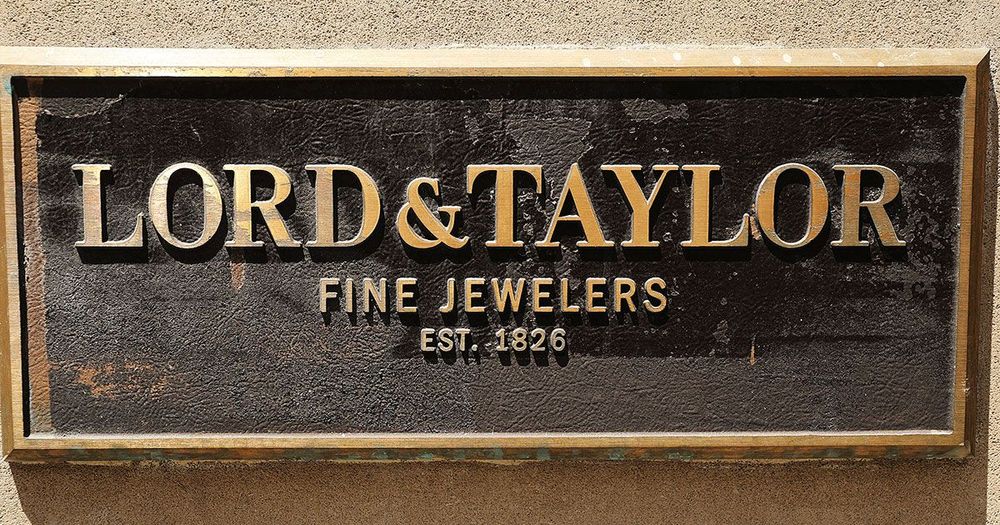
Lord & Taylor has long been known as a store for older women. Chances are, your grandmother and her grandmother shopped there back in the day. With 190 years of business under its belt, it might come as a shock to many that it’s a chain hit by the ongoing retail apocalypse. The department store chain recently announced that they’d be closing at least 10 stores in 2020. Between the striking downsizing and the difficulty with adding youth to a brand known for “granny shoppers,” it’s hard to imagine that the chain will be around much longer.
The Gap
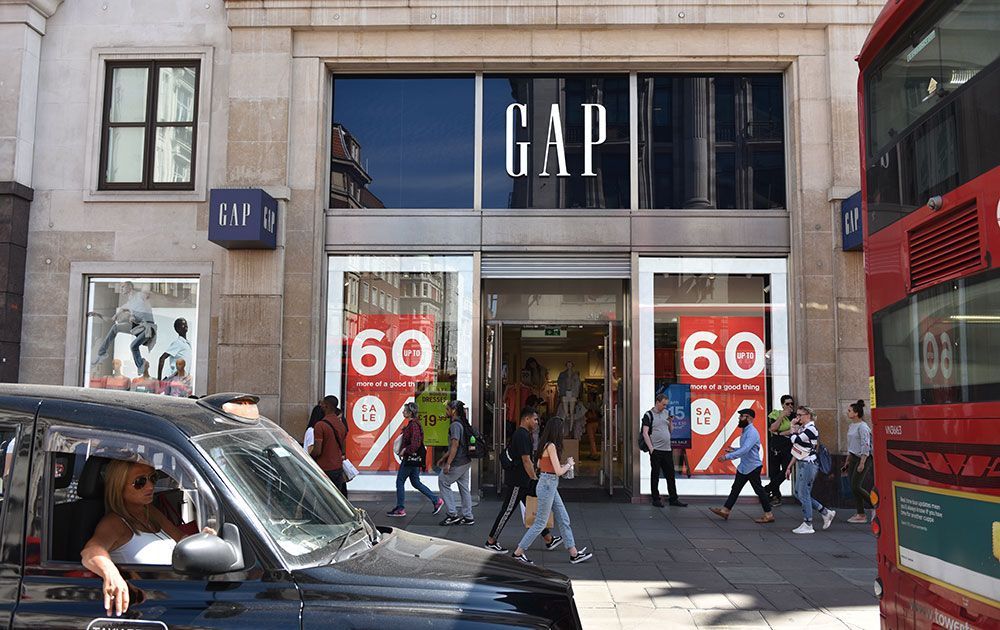
It seems like this is one clothing company that would be desperate to have customers “fall into the Gap” once more. The retailer, which is known for making fairly basic clothing staples, has been struggling to find its identity in an increasingly niche world. In 2019, the company announced that it would be closing down a total of 230 stores and breaking away from Old Navy, its parent company. The announcement was made as a way to hopefully save both brands, which have seriously declined in fans and followings in recent decades.
Hometown Buffet / Old Country Buffet / Ryan’s Buffet
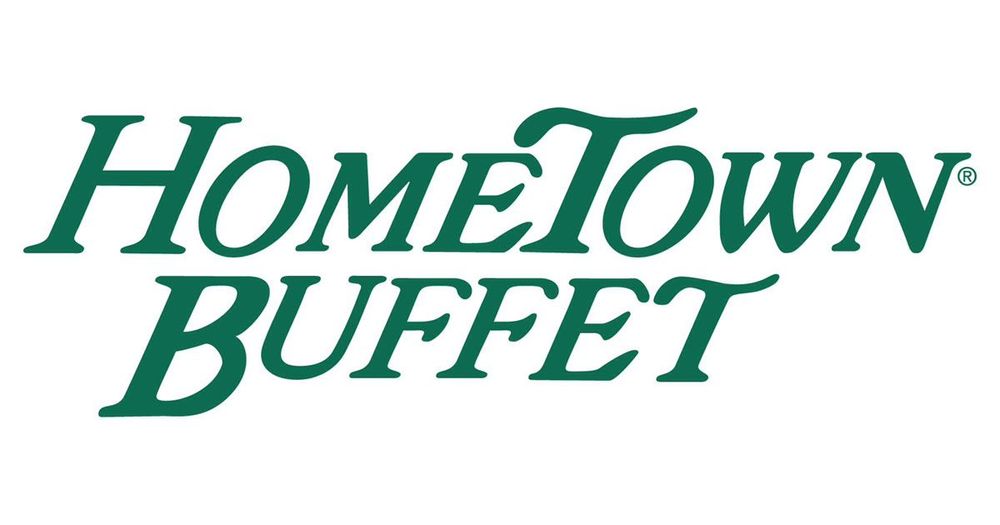
This chain is known by many names depending on your region, but they all are run by the same group and offer the same goods. If you enjoyed “down-home, country cooking” then this is probably your favorite all-you-can-eat buffet chain out there. Unfortunately, the calorie-laden foods and artery-clogging business model didn’t bode well with younger, more health-conscious customers. In 2016, the company filed for Chapter 11 bankruptcy. Currently, only 65 of their locations exist – a far cry from the hundreds that once dotted America’s suburbs.
Pier 1 Imports
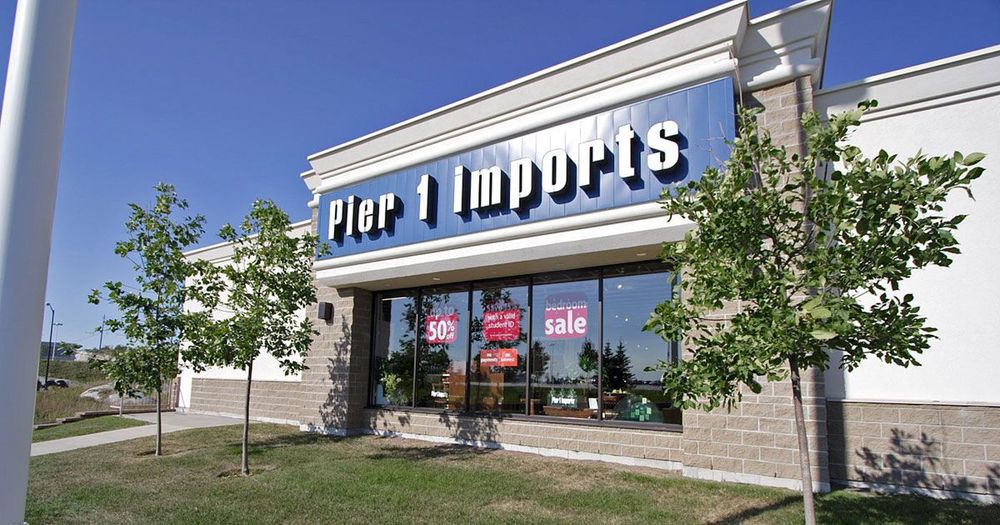
Pier 1 has been struggling with its brand visibility and prices for quite some time, and that’s been showing in its sales for years. In 2019, Pier 1 closed around 57 of its stores as a result of poor performance. Along with a high risk rating from creditors, Pier 1 currently deals with an open struggle with retaining customer loyalty. Based on annual projections, Pier 1 will continue to shutter stores across the country throughout 2020.
Signet Jewelers
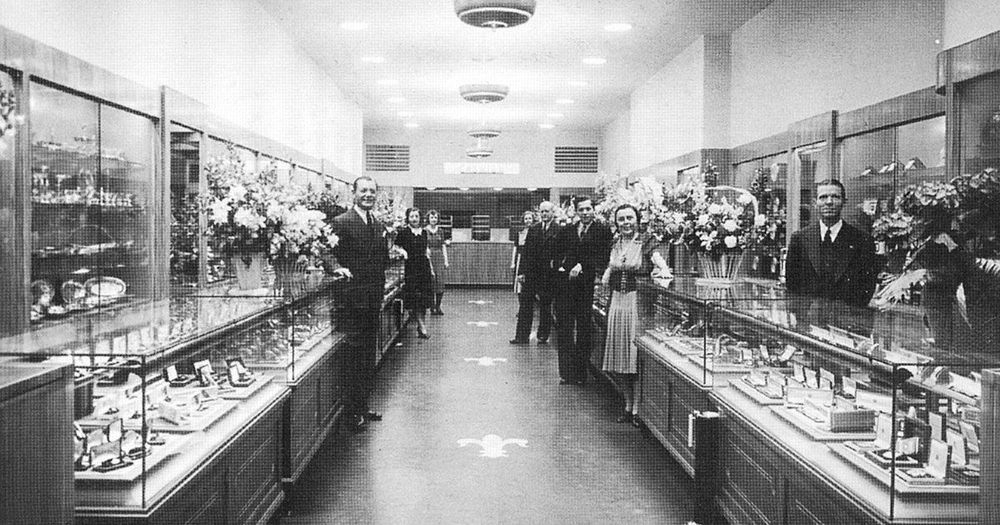
You might not recognize this name right off the bat, but trust us when we say you know their stores. This is the parent company of both Kay Jewelers and Jared Jewelers. With a decreased interest in jewelry from millennial consumers, the company has seen serious losses over the course of the past five years. This upcoming year is already posing a serious threat to the company’s existence. If the chain can’t get its act together, its days will definitely be numbered.
Barneys New York
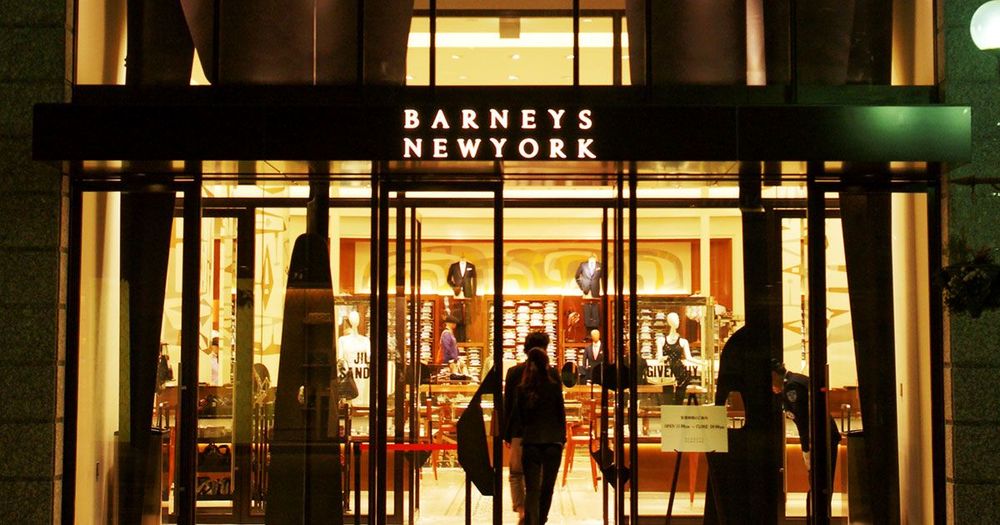
In 2019, upscale department store Barneys shocked the retail circuit by filing for Chapter 11 bankruptcy. With the announcement came even more devastating news- the company would be closing almost all of its retail stores by the end of the year. Fifteen of 22 stores across the country have already been closed down, as well as all but two of its outlet stores. By 2020, the number of Barneys stores that you will be able to visit will shrink even more, since they are planning to continue shutting down locations across the United States.
Marie Callender’s
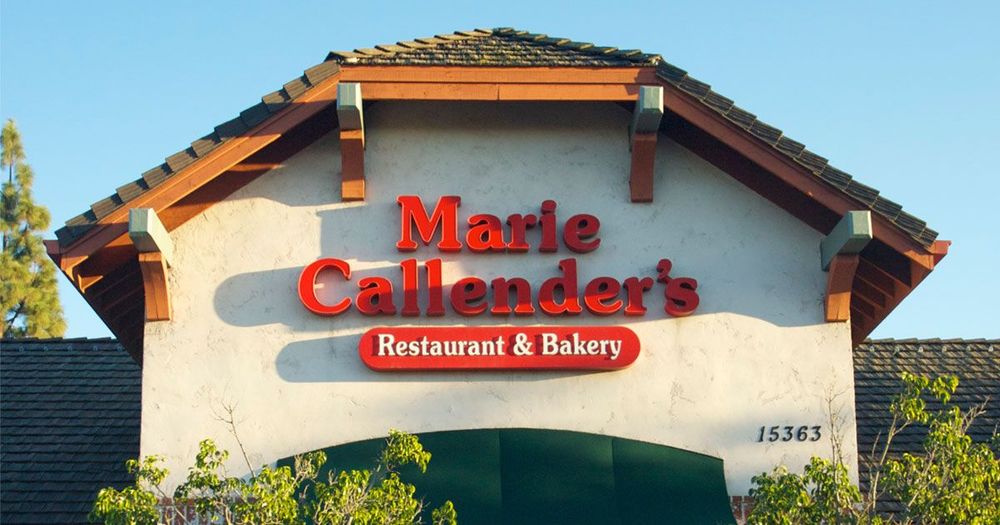
No, it’s not just a company that makes frozen pies. Marie Callender’s is a legitimate restaurant chain that has been around since the 1950s. The restaurants were known for homestyle meals, pot pies, and classic American fare. In its heyday, the chain had over 80 different locations in the Western portion of the United States. For years, it remained popular enough to keep up 50 locations. Recently, the chain shut down over 20 of its stores. In 2019, the holding company filed for Chapter 11 bankruptcy, potentially marking the end of the chain for good.
Quick Links
